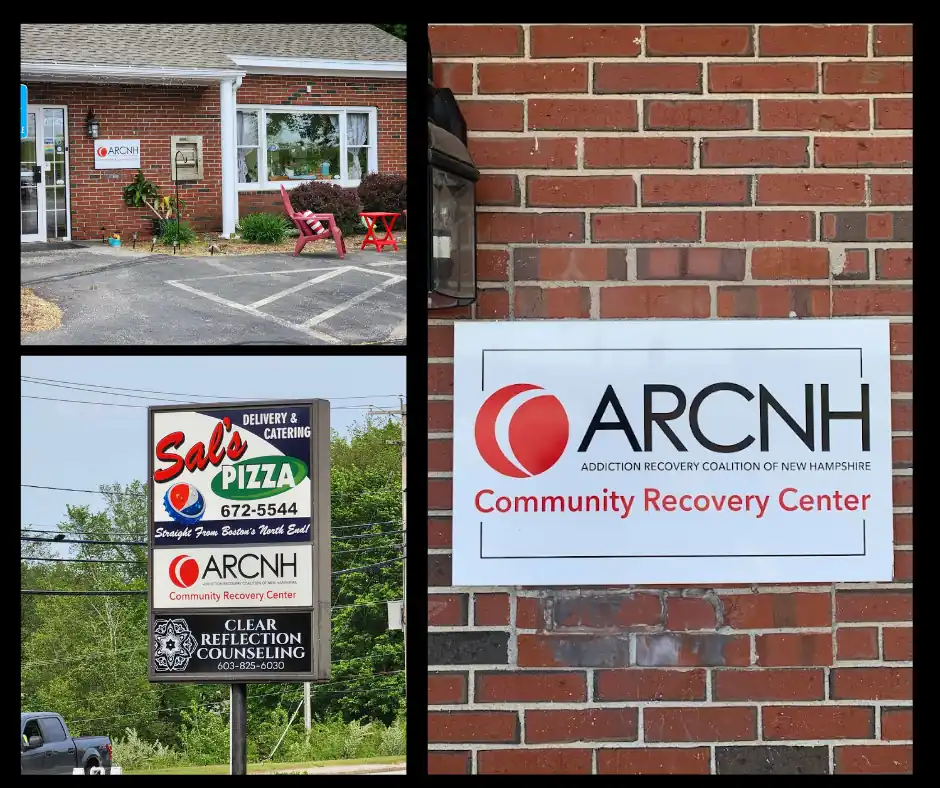At TruPaths, we understand that inhalant use also called “huffing,” “bagging,” or “sniffing” is one of the most misunderstood and overlooked forms of addiction. It’s often tied to poverty, trauma, homelessness, or emotional distress. And yet, it’s still met with shame instead of compassion.
Whether you or someone you love has used inhalants to cope, numb, or survive, this page is here to help you understand what inhalant addiction looks like, how it affects the body and mind, and how to find real support without judgment.








